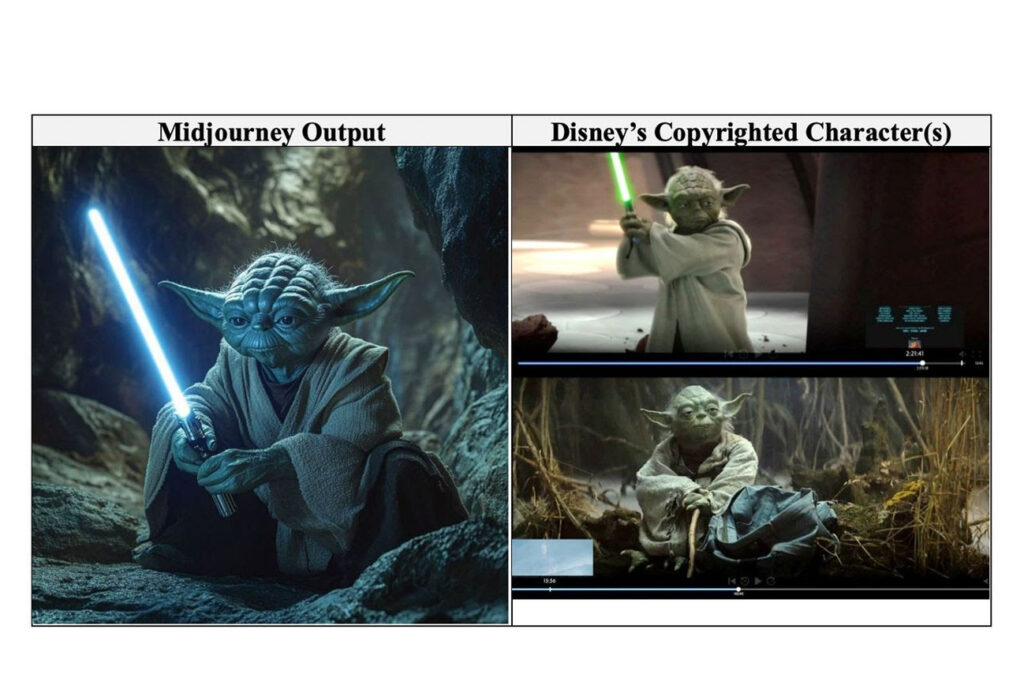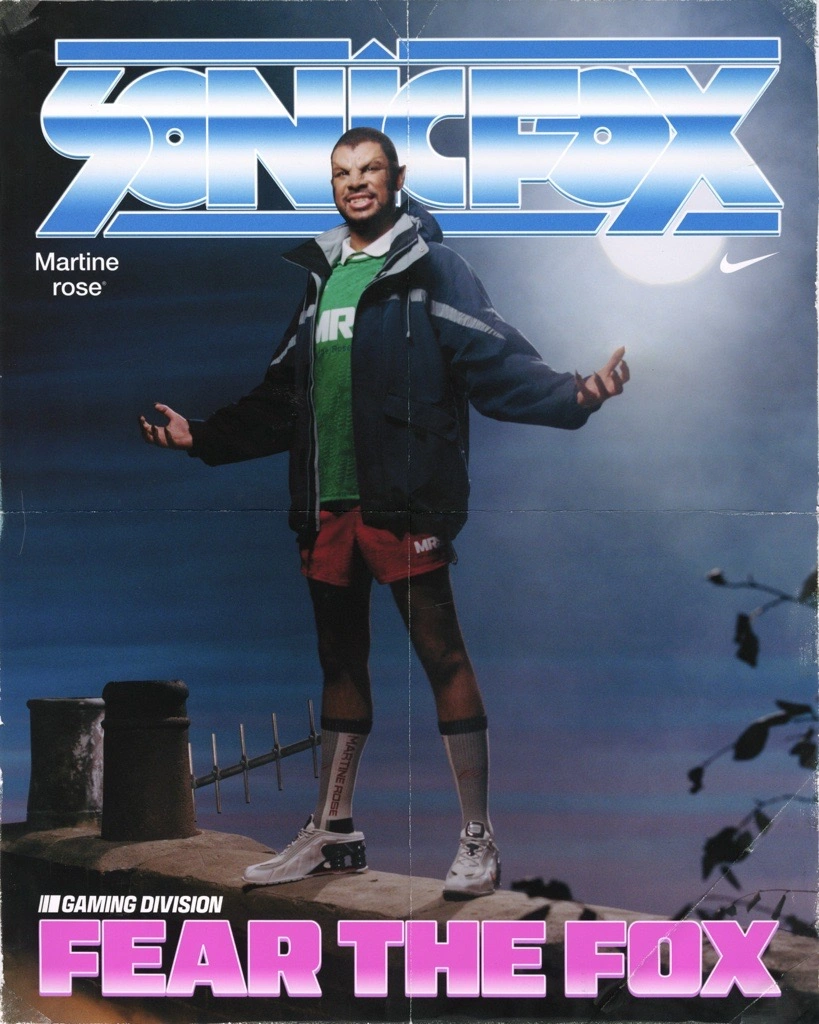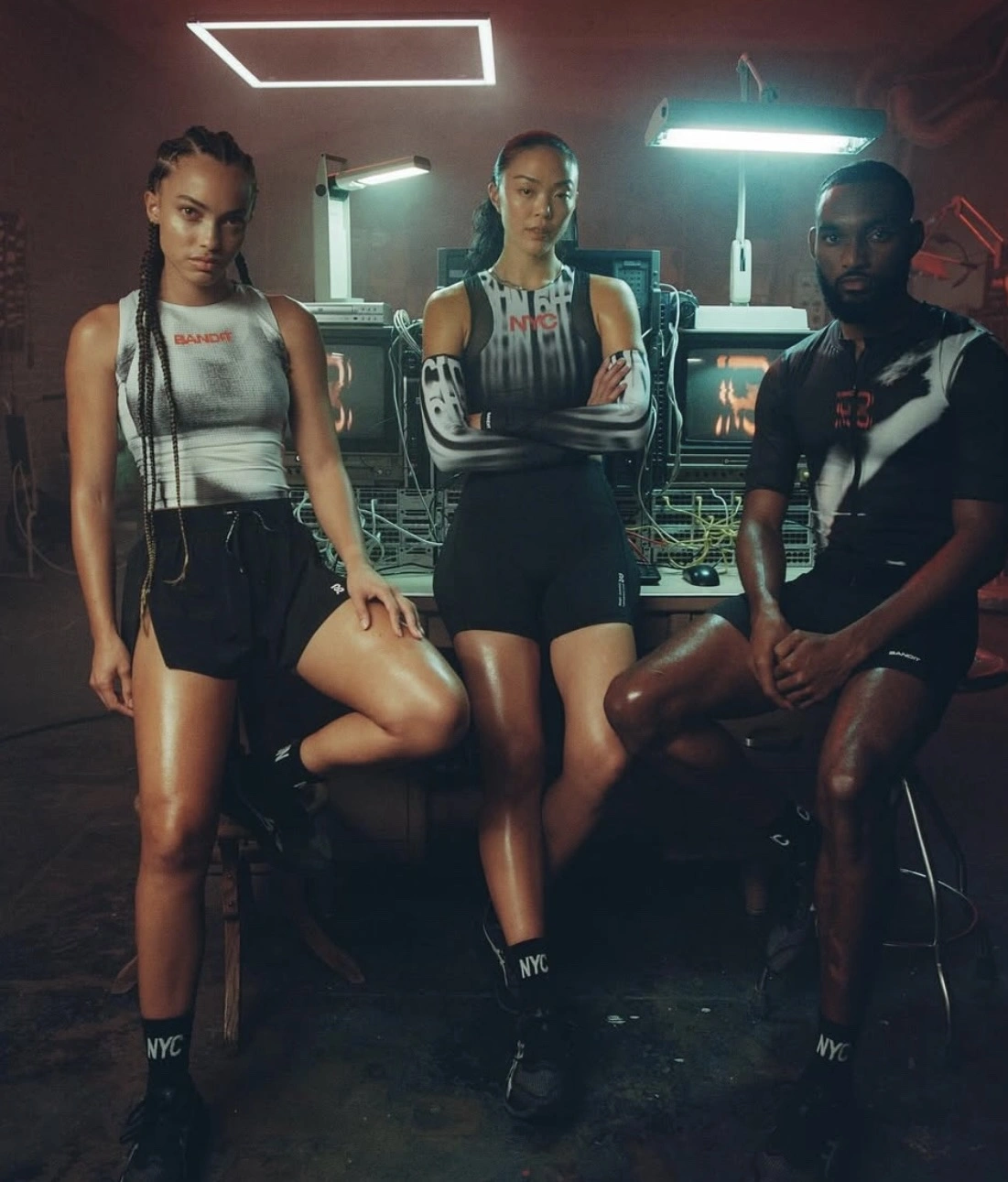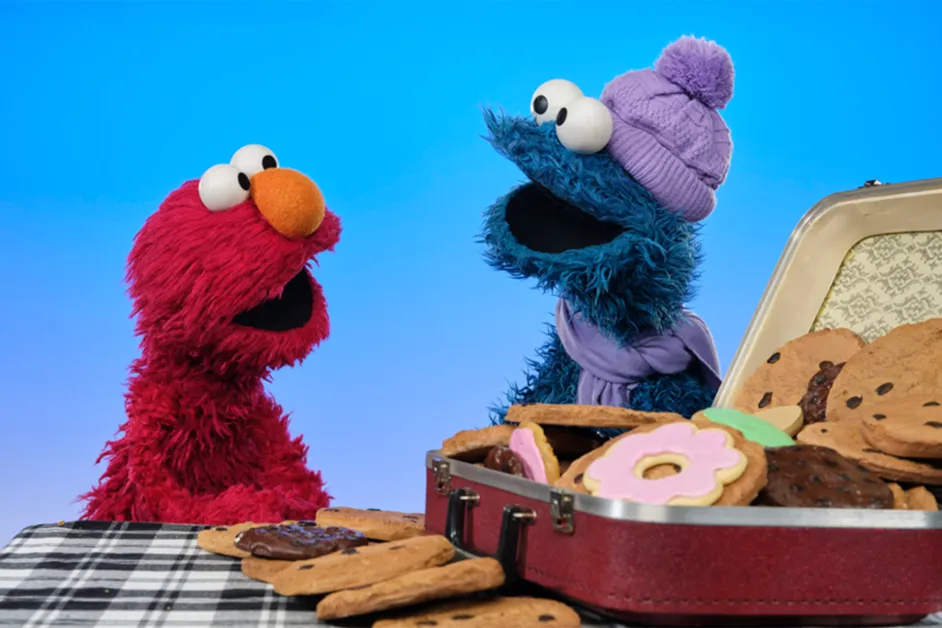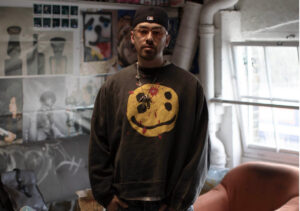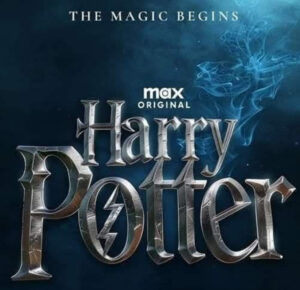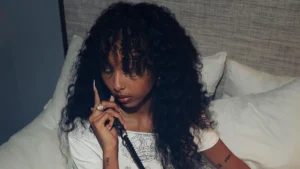In a dramatic twist befitting a cinematic blockbuster, two of the world’s most powerful entertainment conglomerates—Disney and Universal—have joined forces. But this time, it’s not to launch a streaming platform or co-produce a mega-franchise. Instead, it’s to sue a machine. In a landmark legal case filed yesterday, the studios accused AI image generation company Midjourney of copyright infringement on an unprecedented scale, launching what may become the entertainment industry’s defining battle against generative artificial intelligence.
For decades, Disney and Universal have been bitter rivals in content creation, IP acquisition, and theme park supremacy. But in this digital arms race, they stand shoulder to shoulder, united by a singular threat: a platform they claim is siphoning their artistic legacy and transforming it into digital contraband.
The Legal Battle Begins: A Tale of Copyright and Code
In their sharply worded court filing, Disney and Universal describe Midjourney as a “bottomless pit of plagiarism” and “a virtual vending machine” dispensing unauthorized reproductions of some of the most beloved characters and cinematic moments in history. Their complaint is twofold:
- Training on Copyrighted Works: Midjourney’s model, they claim, was trained on copyrighted visual content from their studios without permission—feeding on protected material like concept art, film stills, and promotional imagery scraped from across the internet.
- Generating Copyrighted Images: The result is an AI capable of producing near-photorealistic depictions of copyrighted characters—Yoda, the Minions, Iron Man, Harry Potter, Elsa, and more—on command. The lawsuit includes chilling side-by-side comparisons, showing Midjourney-generated scenes that closely mimic frames from major blockbusters, including Avengers: Infinity War.
The implication is as clear as it is existential: if anyone with a prompt can conjure up a high-quality imitation of a studio’s multi-billion-dollar intellectual property, what value remains in the original?
A Legacy of Art Meets a New Machine Age
The entertainment industry has always been defined by reinvention—from silent film to color, analog to digital, physical to streaming. But AI represents something fundamentally different. Where previous technologies assisted in creation, generative AI threatens to bypass it entirely. Rather than supporting artists, AI image generators can replace them—drawing upon decades of human creativity and style to produce content that is shockingly competent, increasingly fast, and, crucially, unlicensed.
This is the rupture that animators, actors, writers, and designers have feared since ChatGPT burst into public consciousness in late 2022. They saw the early signs—deepfakes of Tom Cruise, AI voiceovers of Morgan Freeman, image generators crafting faux Pixar characters—and warned that Hollywood’s next crisis wouldn’t come from a rival studio, but from a neural net.
Until now, those voices were largely from labor. During the WGA and SAG-AFTRA strikes in 2023, concerns over AI exploitation were front and center. Yet the studio heads remained conspicuously cautious. Now, however, the corporate silence has broken. With this lawsuit, Disney and Universal are effectively saying: Enough.
Who is Midjourney? The David to Their Goliath
For all its technological reach, Midjourney is surprisingly lean. According to its website, the company operates with just 11 full-time employees. Founded in 2022, the San Francisco-based startup exploded into public view in 2023 after an AI-generated image of Pope Francis in a white puffer coat went viral—so convincingly real that it prompted headlines worldwide.
From there, Midjourney became a mainstay of internet culture. Artists, designers, and fans flocked to its Discord-based platform, where they could request everything from “Batman painted by Van Gogh” to “Minions on the Titanic in anime style.” The results were stunning, uncanny, and often legally murky.
In early 2024, The New York Times ran a damning exposé on the platform, detailing how users could effortlessly generate near-replica scenes from copyrighted films. Despite mounting pressure, Midjourney reportedly ignored cease-and-desist letters from both Disney and Universal, sent in 2023 and again last month. Now, with litigation underway, the startup faces a legal assault unlike any it has yet encountered.
The Stakes: Art, Ownership, and the American Empire
What’s truly at risk here is more than just licensing fees or royalties. The studios argue that AI image generators like Midjourney “threaten to upend American dominance in movies and TV.” That may sound like melodrama, but the underlying concern is profound.
Hollywood’s power—both economic and cultural—rests on control of intellectual property. Disney’s empire isn’t built merely on Mickey Mouse or Marvel heroes—it’s built on the exclusive right to monetize them through every conceivable channel: film, merchandise, games, toys, theme parks, Broadway plays, and more.
If that control is eroded—if AI models trained on studio content can generate endless variations of those characters for free, in seconds, and in private—then the very foundation of the entertainment industry is undermined. Why buy a Disney+ subscription when you can prompt Midjourney to make your own Frozen sequel?
This is the generative Pandora’s box that studios are now scrambling to close.
The Broader Battlefield: Midjourney Is Not Alone
This lawsuit is not occurring in a vacuum. AI platforms are facing an avalanche of copyright infringement claims from across the creative industries:
- Record labels are targeting platforms like Suno and Udio for training models on protected music catalogs.
- Authors and publishers, including The New York Times and The Authors Guild, have sued OpenAI and Meta over use of their written content for training.
- Visual artists, especially illustrators, have filed class-action lawsuits against tools like Stability AI and DeviantArt’s DreamUp, alleging unauthorized replication of their styles.
Midjourney may be the first AI art generator to be targeted by Hollywood’s heaviest hitters, but it certainly won’t be the last. The message is clear: AI companies must pay, license, or be punished.
Welcome to the Resistance
If the AI boom once seemed like a silent revolution, this lawsuit marks the loud beginning of the resistance. And the fact that it comes from Disney—the studio whose grip on its IP is near-legendary—should not be taken lightly. This is the company that famously kept Mickey Mouse out of the public domain for nearly a century, that sued daycares for painting its characters on their walls, that reshaped copyright law itself.
Now, with Universal as its co-plaintiff, the legal firepower is considerable. And the timing is strategic: Midjourney is reportedly on the verge of launching a new AI video tool, one that could generate film-like sequences from text prompts. Disney and Universal are asking a judge to block this rollout entirely—a preemptive strike that could set precedent for future cases.
If granted, such a decision would reshape the roadmap for AI developers, introducing new layers of legal risk into what has, until now, been an anything-goes creative frontier.
What Happens Next: Damages, Injunctions, and Digital Futures
Disney and Universal are seeking unspecified damages, likely in the tens—if not hundreds—of millions. But the more significant demand is for injunctive relief: the power to stop Midjourney from continuing to train on, or generate, imagery based on their copyrighted content.
Legal experts warn that proving direct copyright infringement by a generative AI model will be complex and precedent-setting. Courts will have to decide:
- Is training an AI on publicly available images an infringement?
- Who is liable for generated content: the user or the platform?
- Can “style” be copyrighted if not directly replicated?
These are uncharted waters. The implications stretch far beyond one startup. They touch on how creativity is defined, who owns art, and what it means to “create” in an age of machines.
A Culture on the Brink
There is an almost apocalyptic undertone to the case. As AI generation becomes more sophisticated, the line between human and machine-made content is blurring. Already, TikTok is flooded with AI trailers. Instagram is filled with AI concept art. Fan communities now regularly use Midjourney to depict crossovers that never existed.
Some see this as liberation—creativity unchained from corporate gatekeepers. Others see it as theft, dilution, and a betrayal of the blood, sweat, and years that go into building characters, stories, and visual worlds.
This lawsuit, then, is not just about defending profit. It is about defending authorship in the digital age. And the outcome may well determine the boundaries of that authorship for decades to come.
Flow
Hollywood has always been an industry of mythology—heroes and villains, conflicts and resolutions. Now, the latest myth unfolds not on screen, but in court. In this narrative, the characters are studios and startups, lawyers and engineers, artists and algorithms.
Whether Disney and Universal emerge victorious remains to be seen. What is certain is that the age of passive coexistence between AI and the entertainment world is over. The ceasefires are broken. The gloves are off.
And in the battle between imagination and automation, the real question is no longer what AI can do—but what humanity is willing to let it take.
No comments yet.

